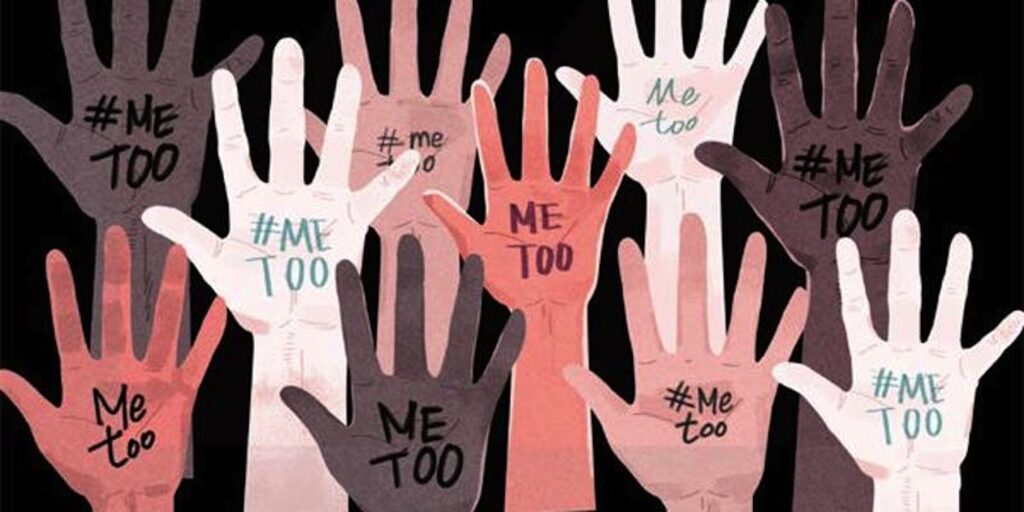CHICAGO, IL – Survivors of sexual assault face challenges and trauma when they receive treatment and legal assistance after being abused. Earlier this year, Governor J.B. Pritzker signed two bills into law to help address those obstacles for survivors.
One of the prominent law changes states people are unable to give consent while they are intoxicated, even if the accused assaulted didn’t provide the substance to them. The law also clarifies that the abuser knew or should have reasonably known the victim was under the influence of drugs or alcohol.
“We cannot have a justice system that re-traumatized those forced to utilize it,” said Governor Pritzker. “To survivors in our state: there are no words to lessen the unimaginable trauma and pain you’ve been through. I want you to know that your Governor hears you. When you speak out, our systems will respond. It is our responsibility to give you the autonomy and justice that you deserve,” he said in a press statement.
The other law allows survivors to receive medical care and attention for 180 days after an assault instead of the previous window of 90 days. The law guarantees that survivors seeking treatment see a medical forensic examiner and other trauma-informed staff to care for sexual assault survivors.
Trauma-informed sexual assault treatment is important to prevent further distress for the victim, which can deter victims from reporting an assault or pursuing and continuing treatment. Training is key to give providers the skills to collect potential evidence without contamination or destruction of that evidence.
Under Senate Bill 3023, survivors have the ability to decline to bill their health insurance provider for the emergency care they must receive if they are not the primary policyholder. This change will help people who may share insurance with an abusive partner or family member to maintain confidentiality and avoid additional danger.
Inspiration behind the bill
The issue was brought to State Rep. Mark Walker’s attention by Kaylyn Ahn was raped after she had been drinking in 2021. When she reported the crime, she says law enforcement told her to move on because it likely wouldn’t be prosecuted.
“I am telling my story because my pain is not an individual loss by a systemic failure of a legal system that has time and again failed to protect us,” she said at the signing ceremony. “No matter what you were wearing, what you were drinking, or whether you were in a relationship with them, rape is never your fault. In signing this bill, we are listening to the power of survivors.”



